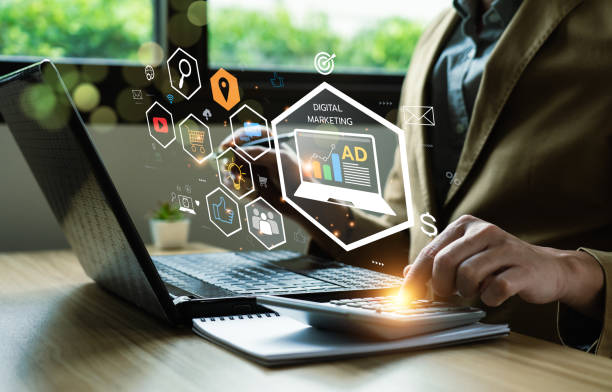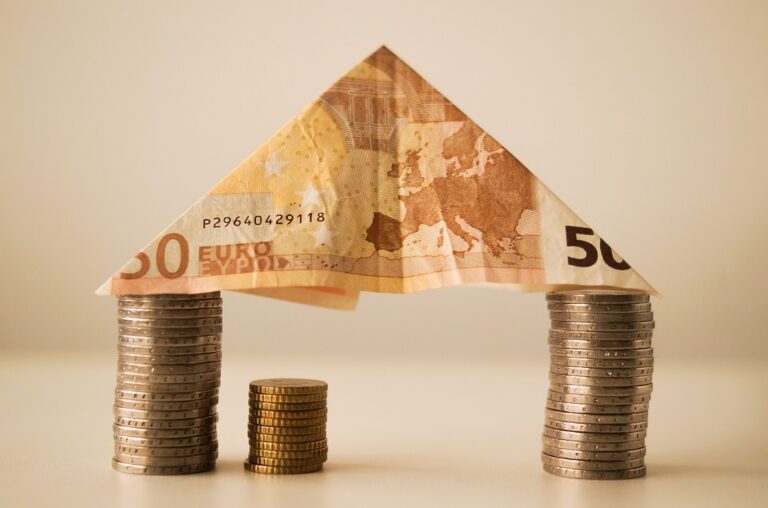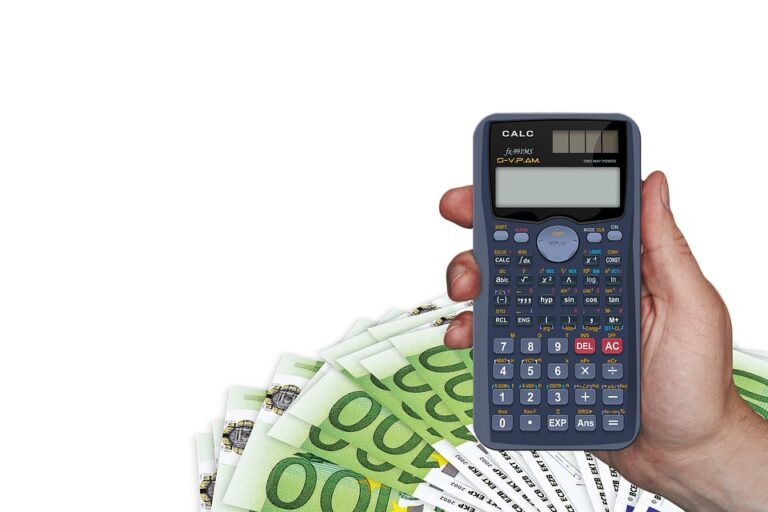Last updated Jun. 19, 2024 by Peter Jakes
A debit card, also known as a check card or bank card, is a payment card that deducts money directly from your checking account when it is used. Debit cards eliminate the need to carry cash or physical checks and are accepted at many locations. They are often used for everyday purchases, bill payments, and online transactions. However, a pressing question that many users have is: Can you use a debit card with no money in your account?
Understanding the implications of attempting to use a debit card without available funds is essential for effective financial management. This article explores what happens when you try to use a debit card with insufficient funds, the potential consequences, and alternative solutions to avoid overdraft fees and financial stress.
What Happens When You Use a Debit Card With No Money in Your Account?
1. Insufficient Funds Decline
In most cases, if you try to use your debit card without having sufficient funds in your account, the transaction will simply be declined. You may see an error message or the card reader may indicate that the transaction has been denied due to insufficient funds. This is the most straightforward outcome, as it prevents you from spending money you don’t have.
2. Overdraft Protection
Some banks offer overdraft protection services, which can cover transactions that exceed the balance in your checking account. If you have opted into this service, the bank will allow the transaction to go through by covering the shortfall with funds from a linked savings account, credit card, or line of credit. However, this convenience often comes with a fee. Overdraft fees can range from $30 to $40 per transaction, and multiple transactions can result in substantial charges.
3. Overdraft Fees Without Protection
If you didn’t opt into overdraft protection, some banks might still allow transactions to go through, resulting in your account going into a negative balance. This scenario will undoubtedly incur an overdraft fee, which can be quite hefty. Some banks also charge additional fees if your account remains overdrawn for an extended period. This can quickly escalate into a significant financial burden if not managed properly.
Consequences of Using a Debit Card Without Money
1. Account Overdrafts
When your account goes into overdraft, you owe the bank money. This can put you into a cycle of debt if not addressed immediately. Overdraft fees and additional penalties for maintaining a negative balance can compound the problem.
2. Negative Credit Consequences
While debit card usage typically doesn’t affect your credit score directly, prolonged periods of owing the bank money can lead to your account being sent to collections, which does have a detrimental impact on your credit score. Additionally, some banks report overdrawn accounts to credit bureaus, potentially harming your creditworthiness.
3. Declined Transactions and Embarrassment
Having your debit card declined at the point of sale can be embarrassing and inconvenient, especially if it occurs in public settings. Knowing your account balance and ensuring you have sufficient funds can save you from these uncomfortable situations.
4. Loss of Banking Privileges
Repeated overdrafts or consistent negative balances may lead to the bank closing your account. This can make it difficult to open new accounts in the future, especially if the bank reports the closure to ChexSystems, a consumer reporting agency used by banks to track deposit account activity.
How to Avoid Overdraft Situations
1. Monitor Your Account Regularly
Regularly monitoring your account balance is one of the most effective ways to avoid overdraft situations. Most banks offer online banking, mobile apps, and text alerts that can help you stay updated on your account activity and balance.
2. Link Accounts for Overdraft Protection
If you decide to opt for overdraft protection, make sure you link an account that has sufficient funds to cover potential shortfalls. While this service often includes fees, they are generally lower than the fees associated with a negative balance.
3. Set Up Low Balance Alerts
Many banks offer the option to set up low balance alerts, which notify you via text or email when your account balance falls below a specified amount. This can provide timely reminders to deposit funds before making any transactions.
4. Create a Budget
Creating and adhering to a budget helps you manage your finances more effectively. By tracking your income and expenses, you can allocate funds for essential payments and avoid non-essential spending that can lead to overdrafts.
5. Use Prepaid Debit Cards
Prepaid debit cards require you to load money onto the card before you can use it. Since you can only spend the amount that has been preloaded, it eliminates the possibility of overdrafting your account. This can be a practical solution for managing spending and avoiding debt.
Alternative Payment Methods When Funds Are Low
1. Credit Cards
If you have no money in your debit account but need to make a purchase, using a credit card is an alternative. However, be mindful of your credit limit and the potential to accrue high-interest rates if the balance is not paid off promptly.
2. Cash Advances
Some banks allow cash advances through credit cards, which can provide quick access to cash. However, cash advances typically come with high fees and interest rates, making them a less desirable option.
3. Revolving Lines of Credit
A revolving line of credit can offer flexible access to funds with potentially lower interest rates than credit cards. This option can bridge the gap when you’re short on cash but should be used responsibly to avoid accumulating debt.
4. Peer-to-Peer Lending Apps
Apps like Venmo, PayPal, and Cash App can facilitate small loans or advances from friends and family. Future paychecks can also be leveraged through apps like Earnin, Dave, and Brigit, which offer interest-free cash advances based on your expected earnings.
5. Personal Loans
If you frequently find yourself in situations where your account is empty, it might be worth considering a personal loan. This can help consolidate debt and provide a more stable financial footing. However, ensure you understand the terms and interest rates before committing.
FAQs
1. What happens if I try to use a debit card with no money in the account?
If you try to use a debit card with no money in your account, the transaction will typically be declined. If you have overdraft protection, the transaction may be approved, but will likely incur an overdraft fee.
2. Do overdraft fees vary between banks?
Yes, overdraft fees can vary widely between banks. It’s essential to review your bank’s fee schedule to understand the costs associated with overdraft protection and insufficient funds.
3. Can I opt out of overdraft protection?
Yes, you can opt out of overdraft protection. Contact your bank to disable this feature, which will prevent transactions from being approved if you lack sufficient funds. This can help you avoid overdraft fees but may also result in your transactions being declined at the point of sale.
4. Will using a debit card with no money in my account affect my credit score?
Using a debit card with no money in your account directly doesn’t affect your credit score. However, if your account goes into overdraft and remains negative for a prolonged period, it may lead to collections, which can affect your credit score negatively.
5. How can I check my account balance?
You can check your account balance through various methods such as online banking, mobile banking apps, ATM, phone banking, or by visiting your local bank branch.
6. Are there any tools to help me avoid overdrafts?
Yes, many banks offer tools like low balance alerts, online banking, and mobile apps to help you monitor your account balance and avoid overdrafts.
7. What is an NSF fee?
NSF stands for Non-Sufficient Funds. An NSF fee is charged when a transaction exceeds the available balance in your account and is subsequently declined. This fee is different from an overdraft fee, which is charged when the transaction is approved despite insufficient funds.
8. Can I deposit a check if there’s no money in my account?
Yes, you can deposit a check into your account even if there are no funds in it. The check amount will be added to your balance once it clears, provided there are no issues with the check itself.
9. What should I do if I accidentally overdraft my account?
If you accidentally overdraft your account, try to deposit funds to cover the shortfall as quickly as possible to minimize fees. Contact your bank to discuss any potential waivers for overdraft fees, especially if it’s a one-time occurrence.
10. Can I use a debit card with no money in a different country?
If you use a debit card with no money in a different country, the same rules apply as they do domestically. If you lack funds, the transaction will either be declined or covered by overdraft protection if you have it, incurring fees.
In conclusion, while using a debit card without money in your account occasionally might seem harmless, it can lead to various financial consequences, such as overdraft fees, negative account balances, and potential impacts on your credit score. Regularly monitoring your account, setting up alerts, sticking to a budget, and exploring alternative payment methods can help you maintain a healthy financial status. Always remain informed about the services and options available through your bank to make the best decisions for your financial well-being.







